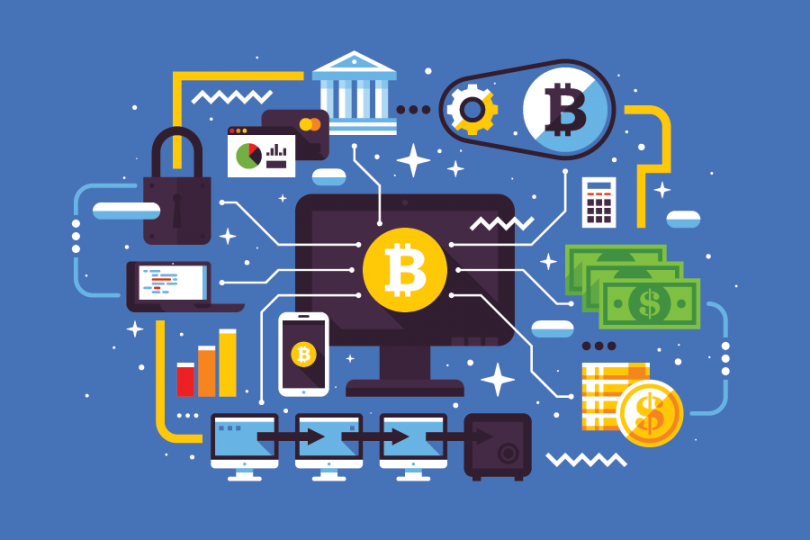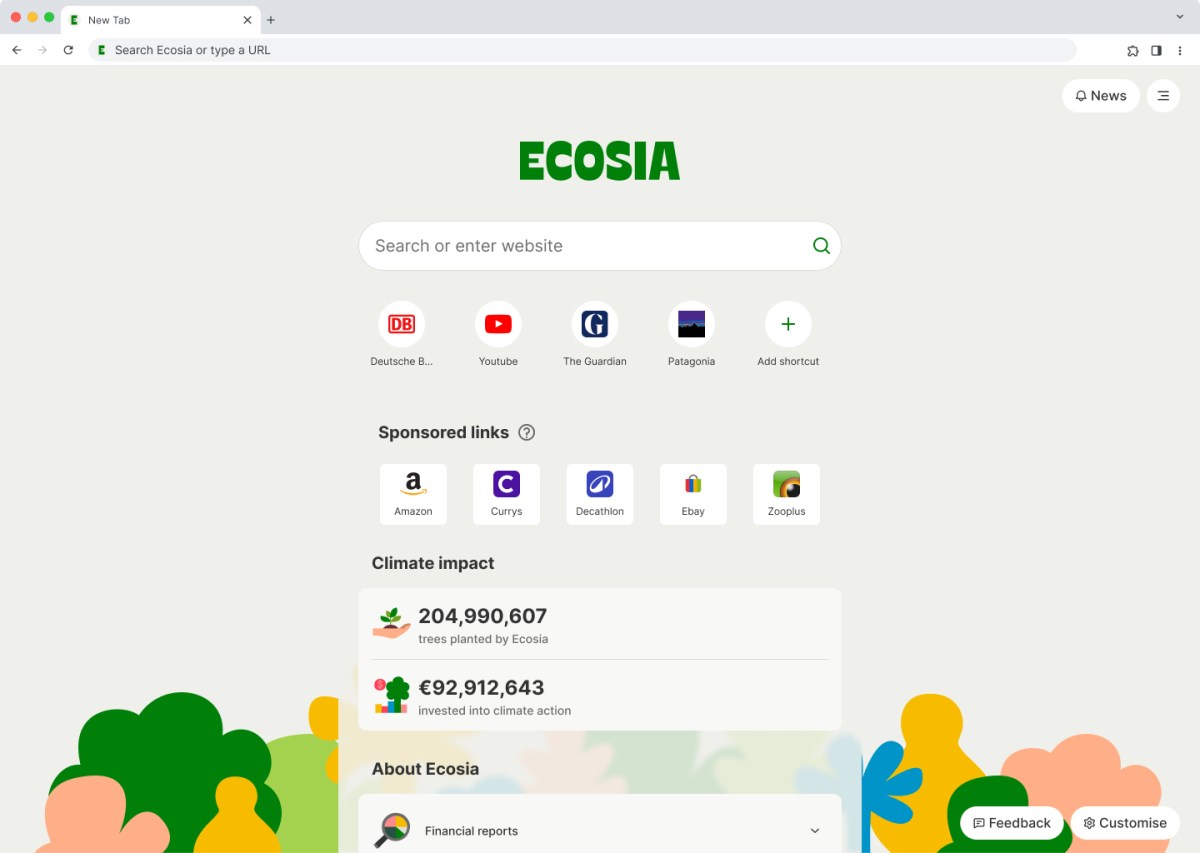The worldwide Blockchain technology market was valued at USD 5.92 billion at the end of 2021, and is expected to grow to USD 10.02 billion by 2022. With a market share of 37.95 percent in 2021, North America led the worldwide Blockchain technology field. Similarly, in 2021, the financial services category led the market, accounting for more than 38.0 percent of worldwide revenue.
What will be some of the trends that will drive this growth as it enters 2022 with much expectation? Blockchain was one of the most disruptive technologies in 2021, and as it enters 2022 with great anticipation, what will be some of the trends that will drive this growth? Let's see what happens.

Cryptocurrencies
Bitcoin or Ethereum, a cryptocurrency, became the most prominent use of blockchain technology. Cryptocurrency is a kind of digital asset that can be traded on the Blockchain network. It's a kind of digital money that's not issued by the government. We may think of cryptocurrencies as private entity or group-issued tokens that are used to pay for products offered by people on the Blockchain network. The transactions that users make when they purchase, swap, or spend bitcoin are recorded on a Blockchain. Blockchain will become more widely used as more people utilize cryptocurrencies.
Payments made across international borders
Cross-border transactions are on the rise, and by 2022, they are expected to total $39 trillion. The bulk of this expansion can be traced back to advancements in global trade, borderless e-commerce, cross-border B2C payments, and web-based firms.
Cross-border payments are one of the key themes determining the future of Blockchain technology, since it employs encrypted distributed ledgers to offer trustworthy real-time transaction verification without the requirement of middlemen like correspondent banks. Furthermore, the verification is not reliant on third parties, and several Japanese and Korean banks have already begun to use this technology in their payment processes. With the implementation of Blockchain technology, the cross-border payments experience for treasurers, their beneficiaries, and their customers is significantly altering.
Learn more about the benefits of blockchain and what benefits it can bring with the help of blockchain development company Unicsoft.
Smart Contracts
Smart contracts are seen as a compelling Blockchain application. These contracts are computer programs that are kept on a Blockchain and execute when certain circumstances are satisfied, overseeing all parts of an agreement. They are completely self-executing and self-enforcing, with no need for a middleman or a time delay. The Blockchain is updated after the activity is completed; it cannot be modified and can only be seen by those with authorization. They may also be used to automate a process, activating the next step when certain circumstances are satisfied. These technologies provide a safer, more automated alternative to traditional contract law, as well as being quicker and less expensive than old techniques. Smart contracts' potential uses are practically unlimited, and they might be used in any sector of business where contract law would normally apply.
Management of Identity
Since the 2000s, the most pressing worry has been identity theft. Blockchain and identity management have a broad range of applications. For example, Blockchain might be used to keep track of voter information and guarantee that the voting process runs well. It may also help in transferring user data securely and effectively between platforms and systems. Technology is also helpful in preserving and safeguarding real estate ownership, titles, and other information.
Furthermore, while handling passports, licenses, insurance, or government papers, we all have the responsibility of keeping several internet accounts and passwords, and the opportunities for online identity theft are limitless. Blockchain technology's independent verification methods offer excellent security for these IDs while also facilitating self-sovereign identification.
Vaccine and medicine production and distribution
One of the most well-known instances of this trend is IBM's pilot project in 2022 for COVID management, which used Blockchain technology. The leader has successfully built a system that enables for vaccination distribution coordination across various organizations and healthcare authorities. The solution integrates vaccination rates and efficiency from different platforms and technologies used by healthcare authorities and organizations using Blockchain.
Furthermore, Blockchain may be used to detect a vaccination batch that has unusually significant adverse effects when compared to other vaccine batches. In 2022, we will see a lot more situations like this, with the major emphasis on producing, distributing, and monitoring vaccinations.







/cdn.vox-cdn.com/uploads/chorus_asset/file/9605339/fellowshipofthering.jpg)




